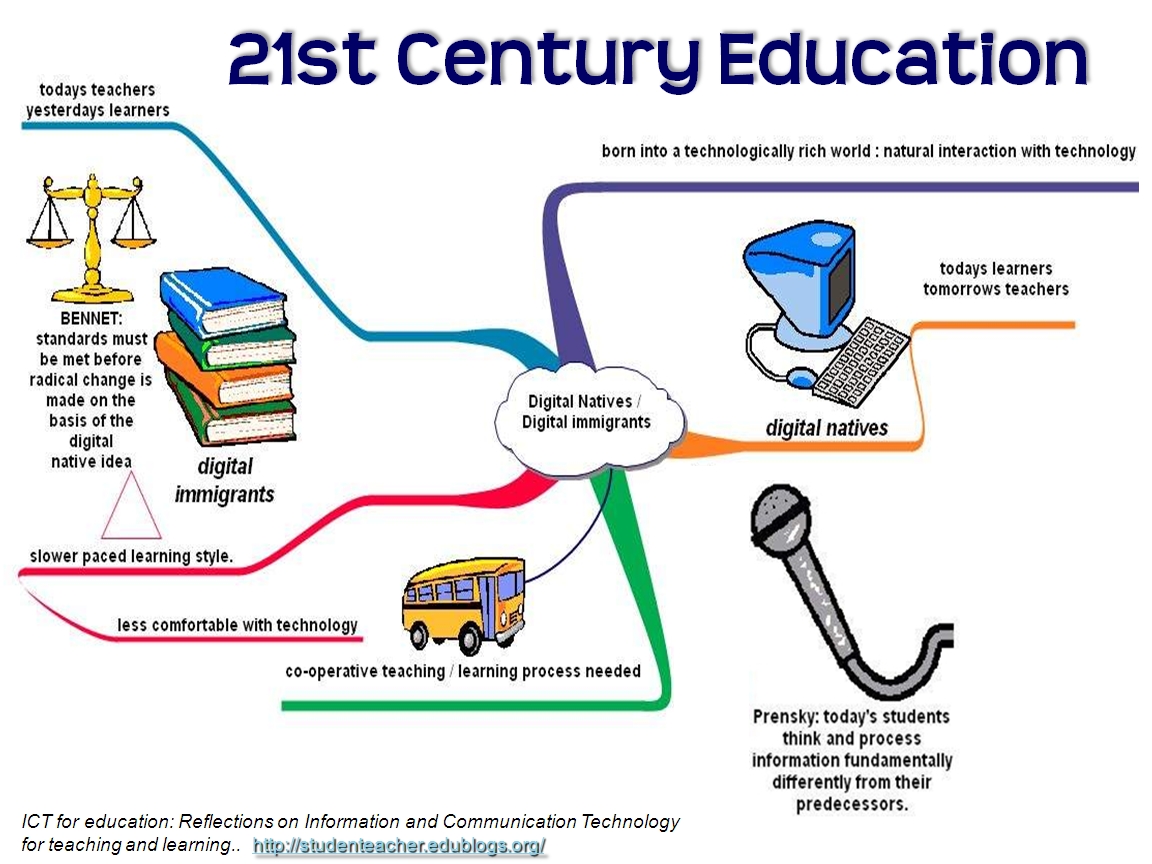| Source: bit.ly/1qTGu5D |
Education is such a sector where the more
you will invest; the better will be your returns, and this is one of the
biggest truths that must be realised by governments running underdeveloped
nations. Countries like Nigeria always had issues against providing educational
support to students. A nation with a deteriorating economy, bleak
infrastructure and political disturbances can never expect to ensure quality
education to its citizens and Nigeria in this context had been quite
industrious over the years to fight out the academic challenges as much as
possible.
21st
century comes with a different story for Nigerian education
 |
| Source: bit.ly/OB7w2w |
The 21st century says a
different story about Nigeria. Despite following the 6-3-3-4 education system
that engages students towards pursuing education at primary, secondary and
tertiary levels, Nigeria has put up a tremendous performance by bringing around
4.3 million internet users in the last few years.
Owing to the grand initiative taken by the
National Open University of Nigeria (NOUN) towards making students study
flexible through distance learning, the scenario of education has undergone
massive improvements in comparison to those days when there were not even
proper platforms under which students can attain quality education.
Distance
learning unlocked new learning opportunities for Nigerian students
Distance learning has indeed been an ideal
alternative for remote learners in Nigeria being able to enrol in a course
without obeying the rule of attending classes has given students new way to
complete their courses independently. In other words, distance learning Nigeria
has brought opportunities for students to get involved in lifelong learning
that would be possible from anywhere one wish.
Hulsmann pointed out four key features of
open and distance learning that actually helped students to understand the
definition of this learning mode:
1.
The teachers and the learner
would remain separated from each in terms of place and often time
2.
Whichever education institution
would be offering an online course must be accredited at any cost
3.
Online instructors would make
an extensive use of technical media that might comprise web-based learning,
pre-recorded videos through DVDs, social networking etc.
4.
A two-way communication process
will be involved in this mode of learning. Tutors will be interacting with
their students either asynchronously or synchronously.
Nigeria
finally welcomed changes in its education system
 |
| Source: bit.ly/Ntjhr4 |
Later, distance education in Nigeria had
such a positive impact on students and even working professionals that they
were finally released from the compulsion of travelling abroad and enrolling in
full-time courses. Financing for higher studies was no more a burden for many
parents in Nigeria. Major initiatives were taken by the government and there
were several renowned universities that also partnered with several Nigerian
academic institutions. As a result, students got the opportunity to obtain
their education online as per their own convenience.
Finally, the education system that badly
required a change since years has now achieved a new look with the
implementation of digital learning courses in classrooms at several schools and
colleges. Rather, education in Nigeria has now acquired a new meaning and significance
with its digital presence which would no more be underestimated like what it
had been for years.
Article Source: bit.ly/1lNYuuy, bit.ly/1qTEvOT
No comments:
Post a Comment